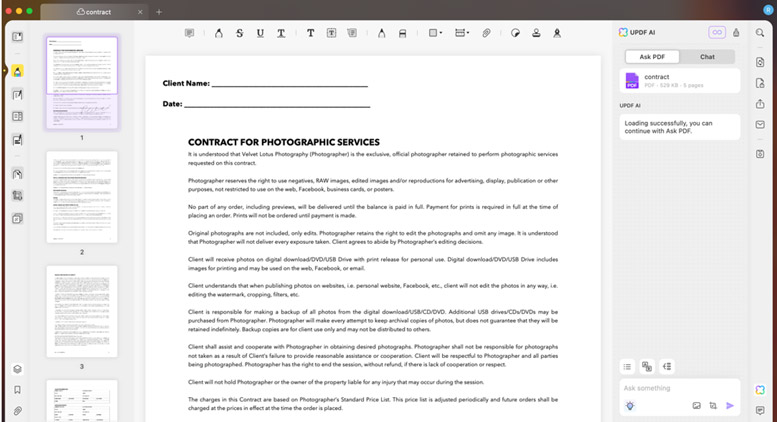IBM moved toward integrated collaboration
Big Blue ties Lotus to WebSphere stack
IBM has poured the plaster into its future mold for an integrated product stack. Last week at Lotusphere in Orlando, Fla., the company detailed its J2EE-infused collaboration vision with a new low-cost e-mail system built on WebSphere and DB2, a developer toolkit designed to port Domino development capabilities to J2EE environments, and a J2EE- and Web services-based e-learning management system. Big Blue also offered a sneak peek at a forthcoming version of Notes/Domino that offers DB2 as an optional back-end data store.
IBM rivals Microsoft and Oracle have also touted the virtues of aligning a messaging suite with a back-end database and are working toward that end as well.
“Today’s message store is highly specialized, and it is hard to do queries or generate reports. With a relational database back end, you have all these tools you can use that are so much better — the query tools, reporting tools, data-mining tools,” said David Ferris, president of Ferris Research in San Francisco . “The potential for moving the back-end messaging store to a database is very exciting.”
IBM was careful, however, to tread a fine line between extolling its “next-generation” vision for computing and assuring customers that Domino as a platform will be supported for a long time to come. “We view standards as the road to the future, [but] … we are committed to investing in both parts. We are not only supporting current offerings but will continue to enhance [the products] for years to come,” said Ambuj Goyal, general manager of Cambridge, Mass.-based Lotus Software.
Leveraging software capabilities as components across IBM’s whole infrastructure set is a core strategy moving forward, according to Jeanette Horan, vice president of Lotus products. Specifically, Horan referenced plans to employ Tivoli identity management capabilities within the IBM WebSphere Portal and plans to cross-pollinate Lotus Sametime presence-awareness capabilities in Tivoli and other IBM applications.
Furthermore, Lotus revealed development efforts for a future version of Notes/Domino that will offer DB2 as an alternative file store to the existing Domino NSF. Notes Version 7.0, which is scheduled for release in the second half of 2004, would give customers the option to choose DB2 as the back-end data repository, according to Tim Kounadis, senior marketing manager for messaging at Lotus.
The City of Orlando welcomed the option of leveraging DB2 as the back end for Domino, said John A. Matelski, deputy CIO of the city’s technology management department. In the future, “we can go to DB2 because we have DB2 [deployed], and we would want the flexibility” of a back-end relational database store for Domino, Matelski said. “Having the flexibility to choose is good though.”




